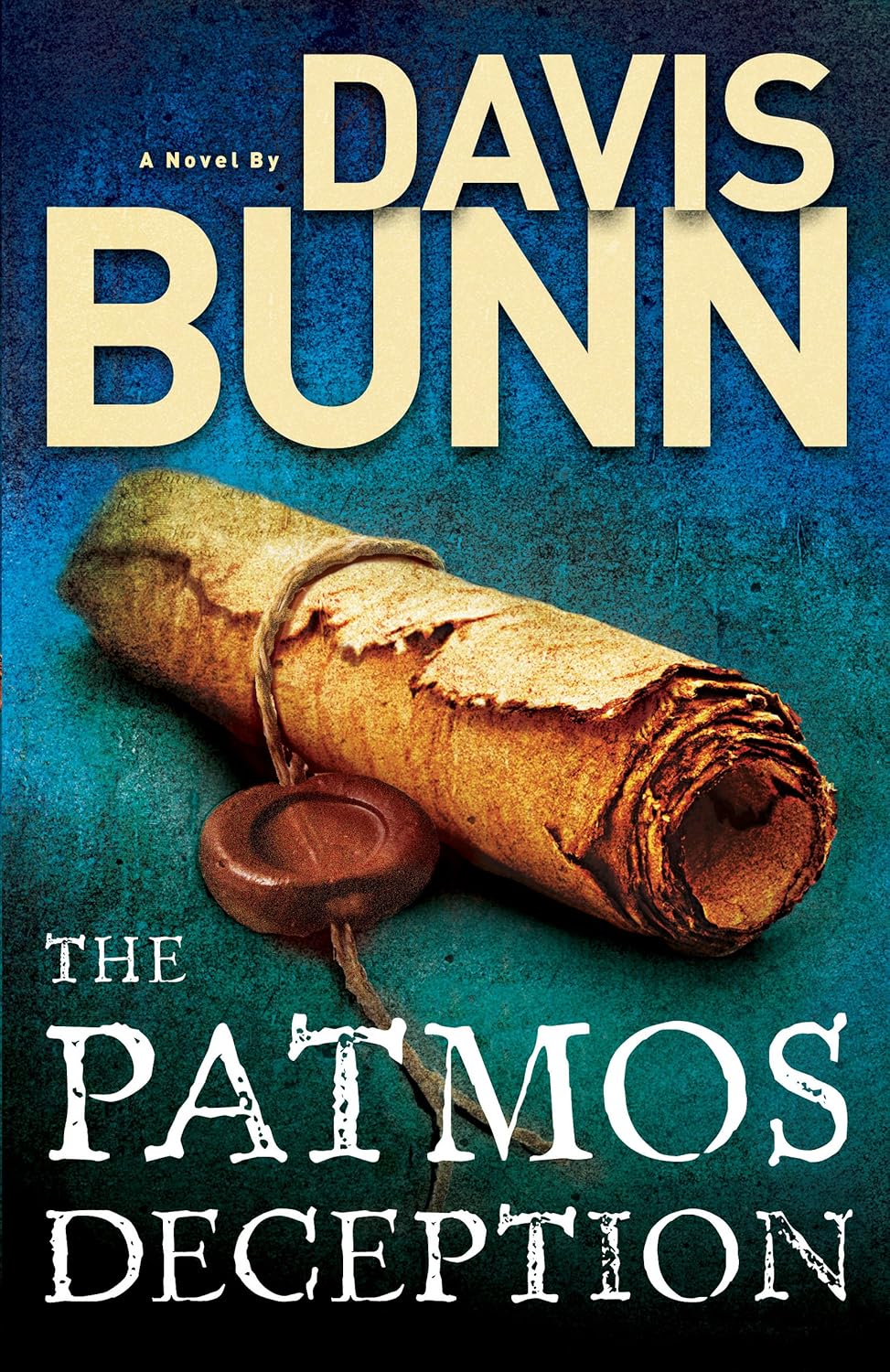A
good book is like a fine bottle of wine; once you open it, you need to let it
breathe.
Otherwise, the experience will
be less than expected.
THE
PATMOS DECEPTION is a good book.
Davis
Bunn brings to your table characters that are fully rounded, deep,
complex. The interactions are thoughtful
and genuine. The setting, modern Greece
Nick
Hennessy, an investigative journalist hailing from Texas
Carey
Mathers, fresh from her studies in forensic archeology, has accepted a job with
the prestigious Athens Institute for Antiquities. Her studies have exquisitely prepared her for
the job, when one considers that the Greek isle of Patmos ,
where the Apostle John received his vision of the Apocalypse, was a particular
focus of her research.
Dimitri
Rubinos, for whom the Greek islands represent his life, holds on by his
fingernails to the family charter boat business. But his country's economic
chaos isn't the only thing that has turned his world on its head.
Engage
with this book. Savor it. Allow it to caress all of your senses, and
The Patmos Deception will become, to you as well, as a fine wine.
The
Patmos Deception is a good book.
5
stars for another excellent offering from Davis Bunn
THE PATMOS DECEPTION (Kindle Edition)
ASIN B00KDN8A60
Fiction/Inspirational/Mystery/Suspense
Bethany House
337 pages
$14.99 U.S.
$ 9.99 U.S.


